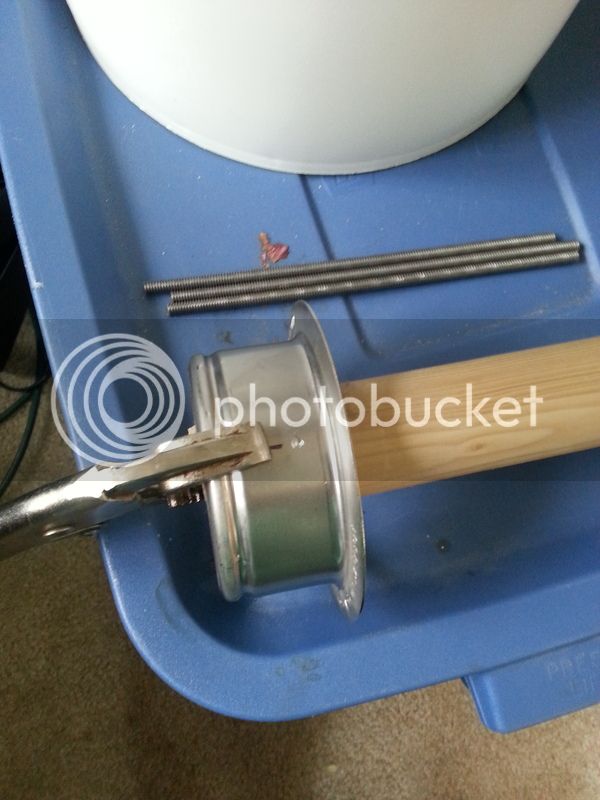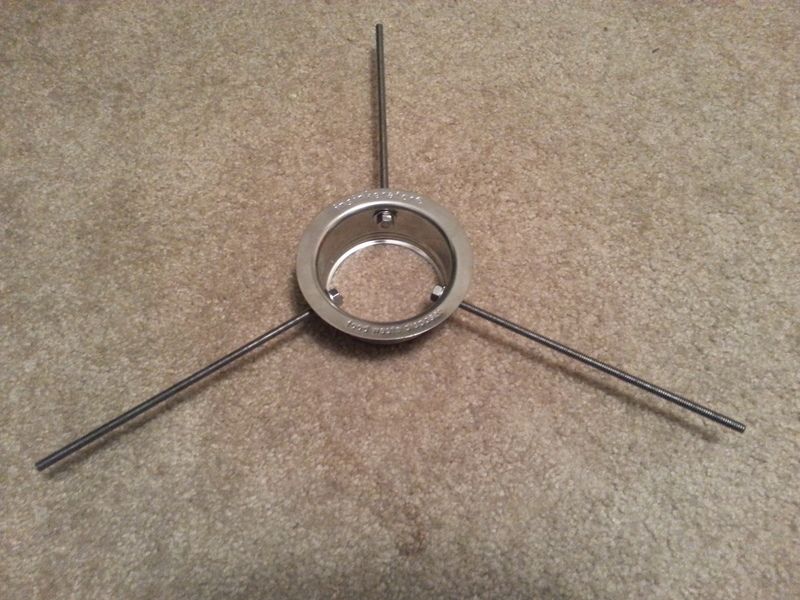stever1000
Well-Known Member
- Joined
- Oct 15, 2014
- Messages
- 822
- Reaction score
- 49
Your build is coming along nicely...Nice work! I agree with not needing a rims if you already have recirculation and do biab... also I would have done what was suggested earlier and moved the tee and temp probe to before the ballvalve... thats exactly what I did on my old mashtun seup... only I had the ballvalve on the side and you would be facing the back of the temp probe when standing in front of the kettle/cooler if that makes sense...
You should be able to step mash fairly quick with your setup too...
Thanks for the kind words, I will move my temp probe and ball valve around and see how it works. The one reason I have it in front of the ball valve is I can remove the probe and keep the kettle free of fittings while moving it from my closet to my kitchen in my apartment







































![Craft A Brew - Safale S-04 Dry Yeast - Fermentis - English Ale Dry Yeast - For English and American Ales and Hard Apple Ciders - Ingredients for Home Brewing - Beer Making Supplies - [1 Pack]](https://m.media-amazon.com/images/I/41fVGNh6JfL._SL500_.jpg)





















